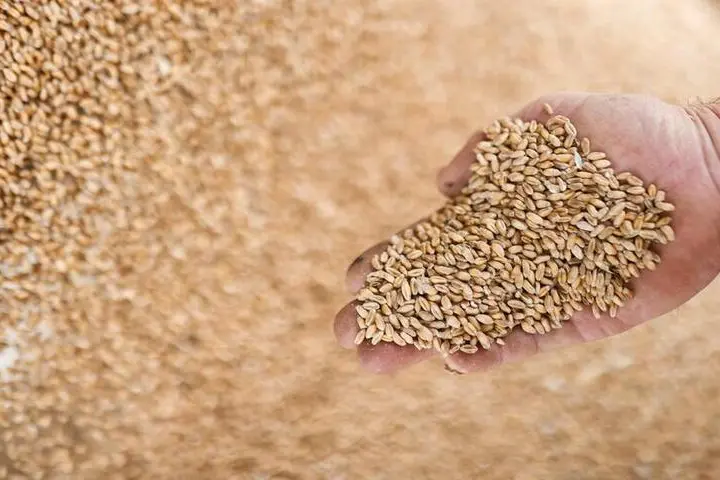PHOTO
RABAT - Morocco has wheat stockpiles to cover five months of consumption after receiving most of its orders from Ukraine before the start of the conflict there, the head of the Moroccan federation of industrial millers said on Friday.
North African countries are major wheat importers and even before the disruption to Ukrainian and Russian exports, Morocco had said its own grain harvest this year would be hit hard by drought.
However, the kingdom has received 0.55 million tonnes of Ukrainian soft wheat from an order of 0.6 million tonnes covering November-February, and will seek more supply elsewhere, said Abdelkader Alaoui, the federation's head.
The government is more concerned about high prices than availability, said its spokesperson Mustapha Baitais. Morocco has said it expects spending on soft wheat subsidies to rise by 15% from last year to 3.8 billion dirhams ($410 million).
Before 2020, the average cost of the subsidy was 1.3 billion dirhams.
Ukrainian and Russian wheat represent 25% and 11% of Moroccan wheat imports respectively, while France tops the list of suppliers. Moroccan traders are looking at French, Brazilian, Argentinian, Polish, German and Lithuanian wheat, said Alaoui.
"The private sector, which controls wheat imports, has diversified its supply markets ... We learnt from the pandemic not to put all our eggs in the same basket," he said.
Wheat stockpile capacity is estimated at 5 million tonnes and the government encourages investors to build more silos and storage capacity, Alaoui said.
The worst Moroccan drought in 30 years has compromised this year's harvest, leading traders to forecast a heavy import campaign in value and volume this year.
Last season, the domestic harvest of 10.3 million tonnes was more than three times larger than it had been a year earlier. However, Moroccan soft wheat imports rose by 8.7% to 3.97 million tonnes.
Although traders prioritise the local harvest, only about half the Moroccan crop is sold to industrial mills, which supply 80% of Morocco's soft wheat needs, because small farmers hold back some for their own use, traders said.
(Reporting by Ahmed Eljechtimi Editing by Angus McDowall and Mark Potter)





















